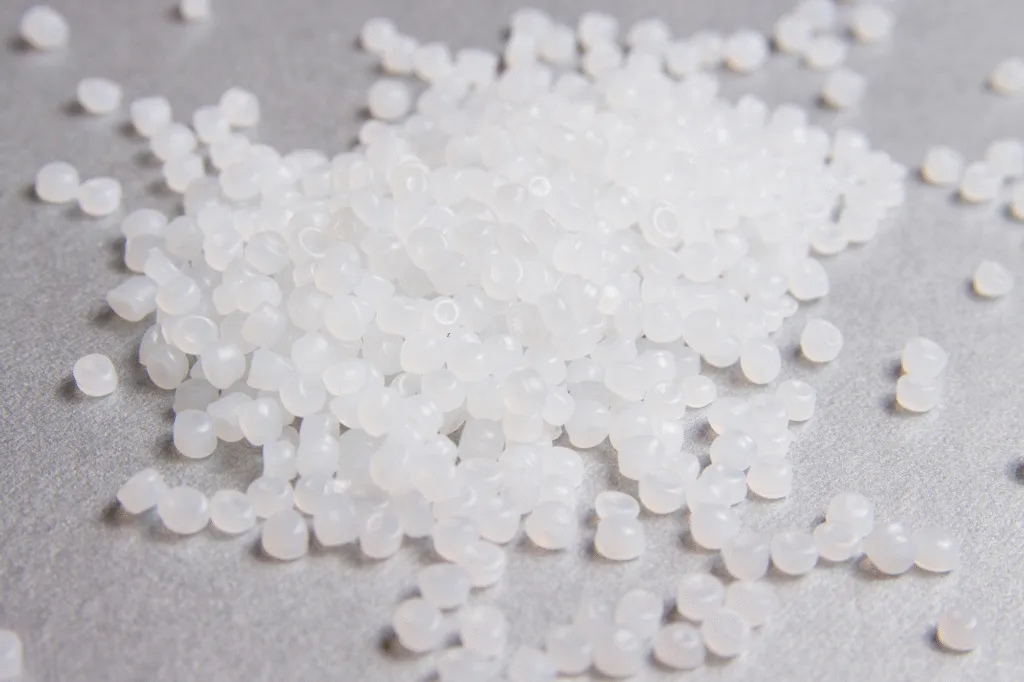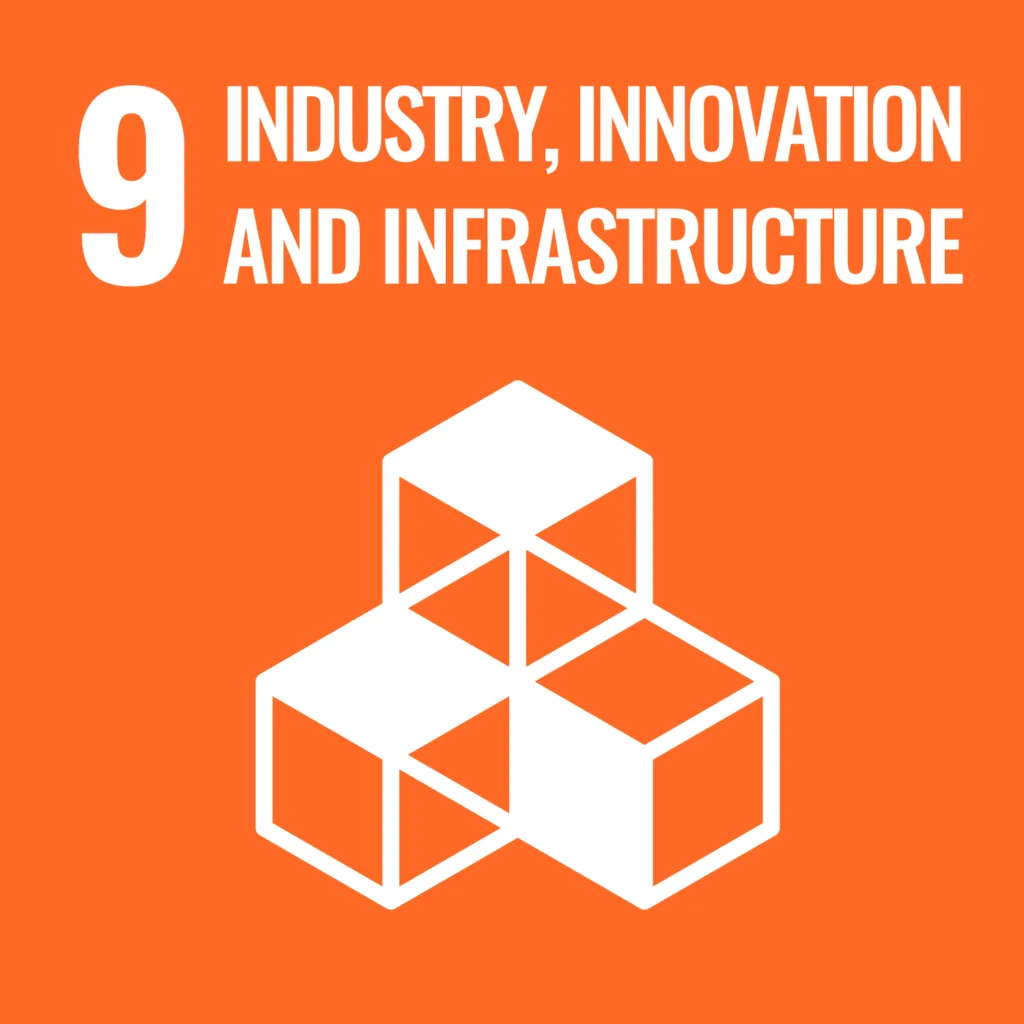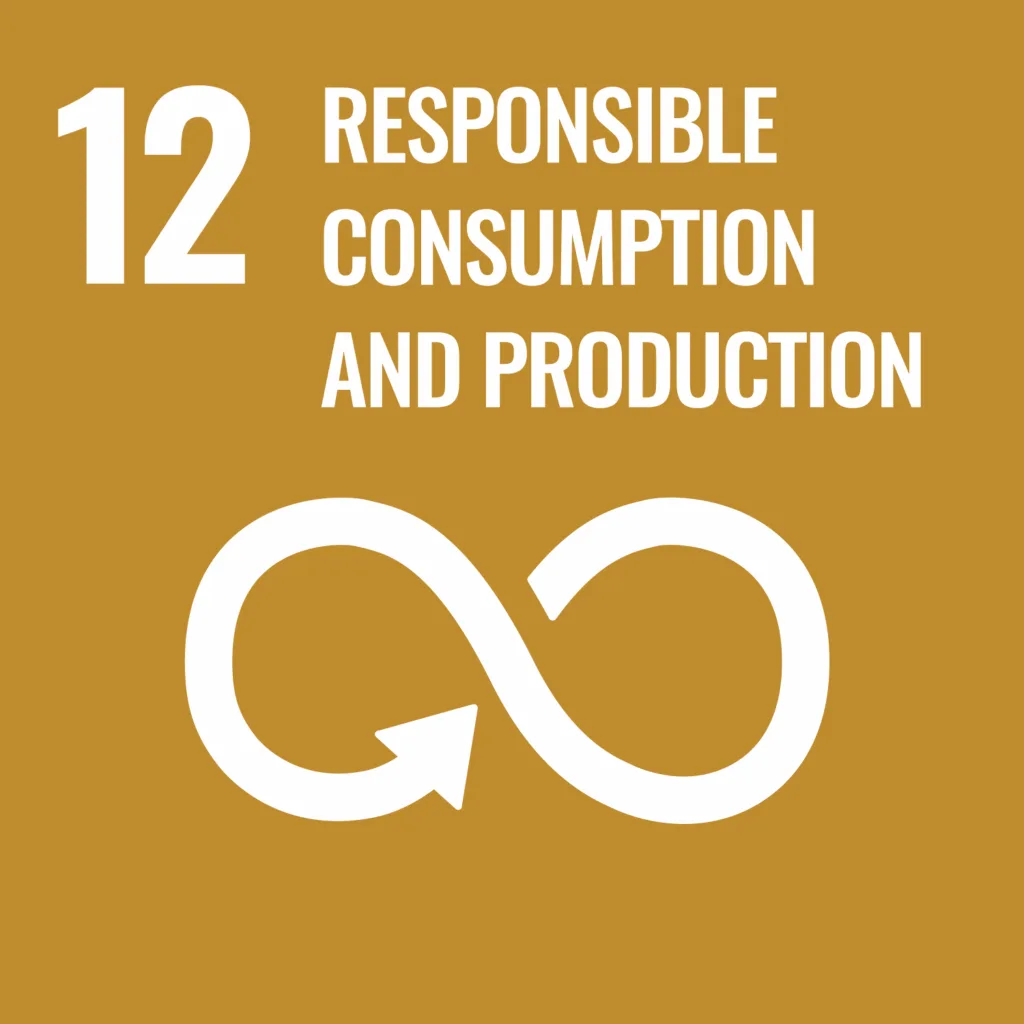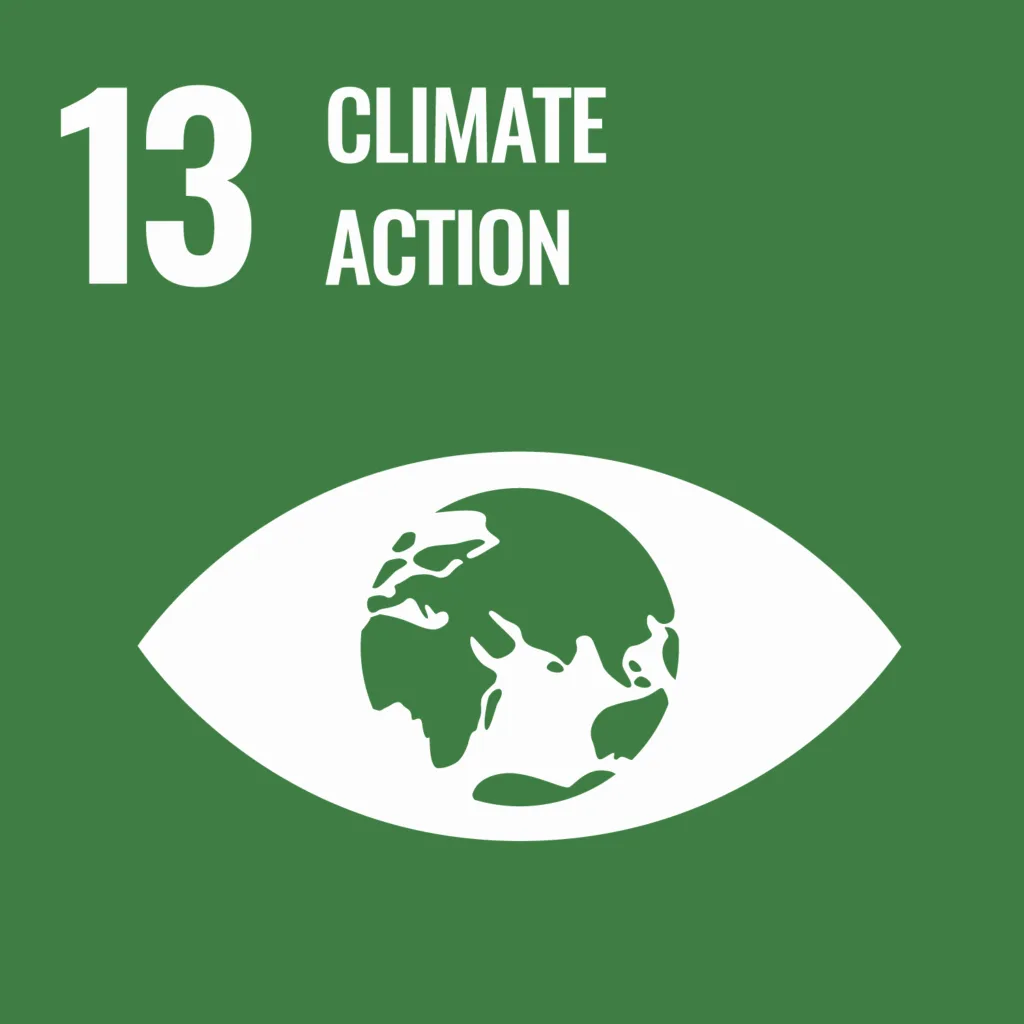The growing demand for sustainable alternatives to conventional chemicals and plastics has led to remarkable innovations in green chemistry. Some of the most promising solutions being, lactic acid (LA), lactide (LD) two platform molecules, and polylactic acid (PLA), a biodegradable and chemically recyclable material made from renewable resources.

A major step in scaling up this technology is underway in Normandy, France, where Futerro is building a new biorefinery with an annual production capacity of 125,000 tons of lactic acid and 75,000 tons of PLA. This facility will integrate the entire LA/LD/PLA production process – from fermenting lactic acid to producing lactide and converting it into high-performance PLA. Unlike traditional plastics derived from fossil fuels, PLA offers multiple end-of-life options: it can be industrially composted within three months or chemically recycled into its original building blocks without losing quality.
This next generation multi-product biorefinery will also feature an on-site recycling facility, ensuring that PLA based wastes can be efficiently reprocessed into new virgin quality materials. The raw materials for production, locally sourced, certified sustainable wheat, will comply with the Renewable Energy Directive II (RED II), reinforcing the project’s commitment to sustainable sourcing.
The project is expected to create 250 direct jobs and support an additional 900 jobs in related sectors. By replacing petroleum-based chemicals and plastics with bio-based alternatives, this initiative marks a key advancement in the circular economy, minimising waste and maximising resource efficiency. It has also been recognised by the EU-Commission as a Transition Initiative, under the sub-group “Development of new sustainable production facilities[DG1] ”.
Why PLA is a game-changer?
PLA is bio-based and made from plants, making it a renewable alternative to conventional plastics. It offers excellent durability and versatility, it is molecularly recyclable, meaning it can be broken down and reused indefinitely without losing quality. PLA will not gall apart into persistent microplastics but degrade in the presence of water (hydrolysis). Additionally, its natural degradation product, lactic acid, is non-toxic, ensuring that it is safe for both human health and the environment.
This new facility In France signals a shift towards sustainable industrial solutions, demonstrating how biotechnology can help reduce GHG emission and plastic wastes while supporting economic growth.














